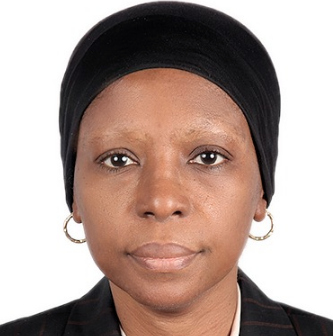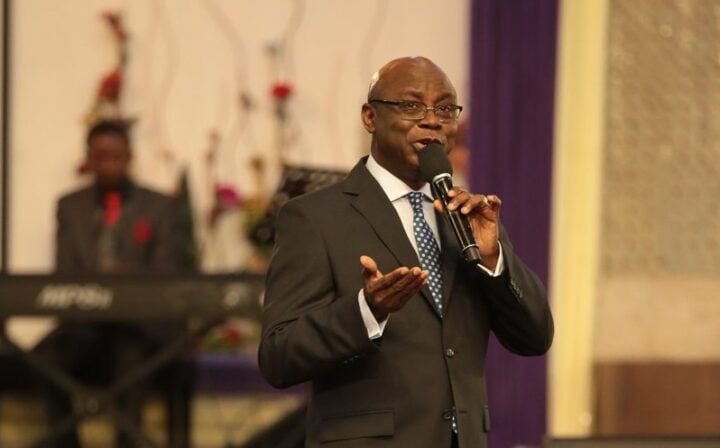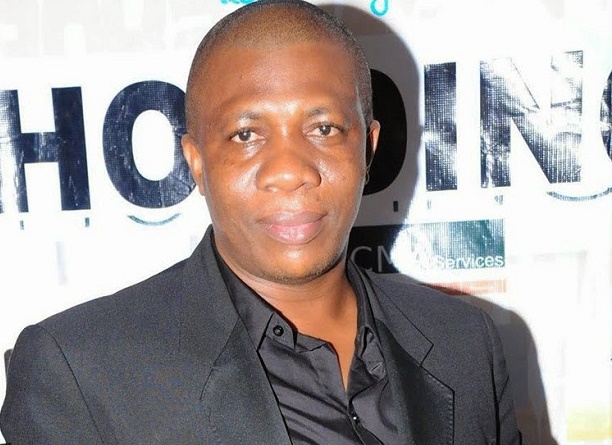As 2020 draws to a close, most of us will not remember the year with much fondness. Not only did the coronavirus claim our friends, it also wreaked havoc on the economy and our personal finances. The economy shrank, the Naira was battered and jobs and livelihoods were lost. The rich though got richer as stock markets, globally and in Nigeria, rose to record highs after the collapse in the first quarter of the year.
One of the best goals to work towards in 2021 is financial freedom. Losing a job or failing at a business can be stressful but less so if you are financially secure. Yes, it is possible to make enough money such that the income generated from assets is enough to meet expenses without having to work a nine to five job. Yes, it can also be done early enough so that you can retire early or do something you really want to do while you are still young, be it starting a business or volunteering, without worrying about money.
How do you acquire sufficient financial and real assets so that they can generate enough income to cover your living expenses and help you achieve financial freedom? Thousands of books have been written devoted to answering this question. However, I found the following steps useful in my journey.
Learn to live below your monthly income as soon as you start earning whether from a job or your business. No matter how much you earn, if you don’t live below your income, you will end up in the poor house when you lose your job or your business fails or you retire. Therefore, rule number 1 is live below your monthly income even if it is N30,000, the official minimum wage. This discipline will serve you well when you start earning more. Keep aside 10-20% as savings and increase it when you get a raise rather than increasing your expenses. Whether you have a monthly budget or not, the key is to set aside the 10-20% every month, because if you don’t control your finances, the lack of money will control you forever.
Advertisement
From your monthly 10-20% savings, put aside enough to cover 3 to 6 months living expenses in a savings account or a money market mutual fund where you can access the funds anytime without penalties. This will provide you with an emergency cover should you lose your job or have a large unexpected expense without the need to liquidate long-term investments.
Ensure you contribute to your employer’s retirement savings plan as required by law. To reach your goal faster, consider additional monthly voluntary contributions beyond the 8% required by law. The added benefit is that voluntary contributions are also tax-exempt, subject to no withdrawals within five years. However, if you are self-employed or employed by a company with less than 15 employees you will not be covered by the mandatory pension. The alternative is to enroll into the Micro Pension Plan launched in 2019 and provided by all pension fund administrators.
Next, consider investing in the stock market once you have set up your emergency savings. You don’t need to have a lot to start investing, as N100,000 is enough to start. Buy quality companies at fair valuations and select them from across several industries – that is diversify to manage risk. Reinvest all dividends since you don’t need the funds during your accumulation phase. This will grow your investment faster due to the power of compounding. Invest monthly and consistently through thick and thin as it will reduce the risk of investing at the top of the market.
Advertisement
Continue to educate yourself on the stock market and investing in general. The Nigerian stock market is still not as efficient as the markets in developed countries, which provides a great opportunity to exploit the inefficiencies for higher returns.
Take advantage of any opportunity to own your home, whether it is through a loan by your employer, a cooperative or a bank. For most people, their single largest outgoing is rent. Therefore, it makes sense to own your home outright to eliminate this large outgoing. And should you lose your job, the fact that you don’t have to worry about rent should be a relief. Another advantage of owning your own home is that the monthly repayment goes towards increasing your equity capital stake in the house, a form of forced savings. However, if you are renting, the money is gone. Furthermore, in the future when you own it outright, the house can serve as collateral for another loan, perhaps to start a business.
In the long term, especially in a high inflation environment like Nigeria, price appreciation of real estate could be significant. When you retire, with the children gone, you could sell the house and buy a smaller and cheaper one. The profit could then be used for other things or converted into a stream of income. There is, of course, no guarantee the house will increase in value. This is especially true if you bought at what turned out to be historically high prices. For example, in 2008, property prices in Nigeria, especially in Lagos, Abuja and Port Harcourt, were at historical highs and if you bought then, it will take a long time to recover. If you take a mortgage, pay off as soon as possible as the high-interest rate in our environment is too punitive and bad for long-term wealth accumulation.
Avoid taking debt to finance consumption as rates tend to be extremely high. Although consumer loans are still not that ubiquitous in Nigeria, they are gaining ground with small finance firms offering high interest pay day loans and banks joining the bandwagon. Ideally, your only debt should be your mortgage, which you should pay off fast.
Advertisement
Finally, keep a record of all your assets and liabilities. It is useful to have a personal Balance Sheet at the end of each year. You can then review it against your plan. It not only tells you where you are in your journey towards financial freedom but also how well you are doing from year to year. More importantly, without this record, you won’t know whether you are making progress towards independence or stuck in a rot.
If you implement the above early in your career, you will be surprised how far you will progress over 15 to 20 years. This is because of the power of compounding. Starting early also gives you the time to recover from mistakes, which are inevitable. It also ensures you can be financially independent even if you are in a modest paying job. Nevertheless, if you missed the opportunity to start early, you can start now as better late than never.
To recap, the keys to financial freedom are: live below your income, invest consistently, own your own home and avoid debt except a mortgage. May 2021 be your most prosperous year.
Advertisement
Views expressed by contributors are strictly personal and not of TheCable.







